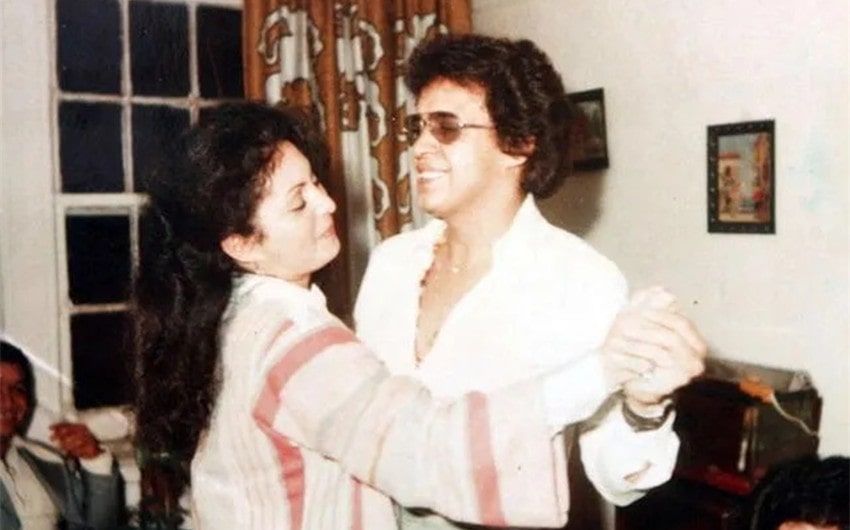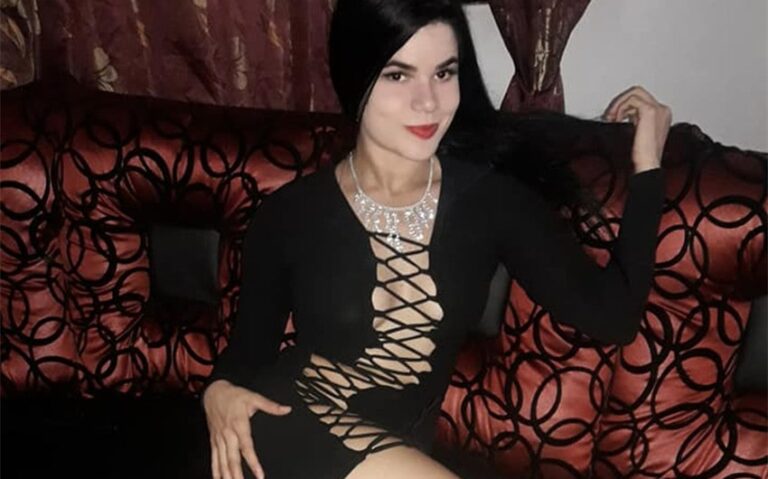Who Was Héctor Lavoe’s Wife? The Untold Story of Love and Tragedy
When you think of salsa legend Héctor Lavoe, you might first picture his electrifying performances, his smooth voice, and his tragic journey through fame and personal struggles. But behind the music and the headlines was a woman who shared in both his triumphs and his pain—a woman who loved him fiercely, fought for him passionately, and ultimately lived a life as turbulent as his. Many fans wonder: Who was Héctor Lavoe’s wife? Her name was Nilda “Puchi” Román Pérez, and her love story with Lavoe remains one of the most poignant chapters in Latin music history.
The Voice of Salsa
Héctor Lavoe, born Héctor Juan Pérez Martínez in Ponce, Puerto Rico, in 1946, was more than just a singer—he was a voice that defined an era. When he moved to New York City as a teenager in the early 1960s, the city’s streets pulsed with energy, and the Latin music scene was beginning to flourish. Lavoe’s unmistakable tone and heartfelt delivery quickly set him apart.
He rose to fame as the frontman for Willie Colón’s orchestra, performing hits like “Che Che Colé,” “Aguanile,” and “Calle Luna, Calle Sol.” His music wasn’t just rhythm—it was poetry about life, love, pain, and survival in the Latin community. Songs like “El Cantante” and “Periódico de Ayer” captured both the joy and melancholy that defined his life. But as his fame grew, so did the chaos that surrounded him—addiction, infidelity, and depression became constant shadows in his personal world.
Who Was Héctor Lavoe’s Wife?
Héctor Lavoe’s wife was Nilda “Puchi” Román Pérez, often simply called “Puchi” by those who knew her. Born in Puerto Rico, Puchi moved to New York at a young age, just like Héctor. She was described as confident, glamorous, and outspoken—a woman who could match Héctor’s charisma with her own fire. When they met in the late 1960s, Lavoe was already an emerging figure in the salsa scene, and Puchi was drawn to his charm and passion for music.
Their relationship began during the vibrant, fast-paced height of the salsa boom, and like the music itself, their love was intense and unpredictable. The chemistry between them was undeniable, but so were the challenges. They married in the early 1970s, and their union became as famous for its devotion as for its turbulence.
A Passionate and Complicated Love
Lavoe and Puchi’s relationship was marked by deep love and fiery conflict. Those who knew them say they could argue passionately one moment and be inseparable the next. Puchi was not just a wife—she was a force in his life, helping him manage the chaos of fame, money, and personal demons.
Héctor’s life was far from easy. As his success grew, so did his struggles with drug addiction and depression. Puchi often tried to help him stay focused and clean, but their relationship suffered under the weight of his self-destructive habits. Despite the emotional pain, she remained loyal to him through some of the darkest moments of his life.
They lived the kind of love that was both magnetic and volatile. Their connection was real but fragile, shaped by the pressures of fame and the temptations of the 1970s New York music scene. Yet even when they were apart, they couldn’t fully let go of each other.
Family and Tragedy
Together, Héctor and Puchi had one son, Héctor Lavoe Jr., born in 1969. Lavoe also had another son, José Alberto, from a previous relationship. Puchi became a central figure not just in her husband’s life, but also in managing his family and public image.
However, tragedy seemed to follow the Lavoe family. In 1987, their son Héctor Jr. was accidentally shot and killed by a friend while playing with a firearm. The incident devastated both parents and marked the beginning of an even darker period in their lives. Lavoe’s already fragile mental state deteriorated rapidly after the loss of his child.
For Puchi, losing her son meant losing part of herself. She tried to stay strong for her husband, but grief engulfed them both. Despite the heartbreak, she continued to care for Héctor, who by then was battling not only addiction but also health complications related to HIV/AIDS, which he contracted in the late 1980s.
The Fall and the Farewell
By the late 1980s, Héctor Lavoe’s health and career were in decline. He was diagnosed with HIV after a tragic incident in which he attempted suicide by jumping from a hotel balcony in Puerto Rico in 1988. Miraculously, he survived, but his body and spirit never fully recovered. Through it all, Puchi remained at his side. She was his caretaker, his advocate, and often his voice to the public when he couldn’t speak for himself.
Lavoe passed away on June 29, 1993, in New York, at the age of 46. His death left a hole in the Latin music world, but for Puchi, it was the loss of her lifelong companion. Despite their many conflicts, she had loved him deeply—through fame, failure, and everything in between.
Life After Héctor
After Héctor’s death, Puchi continued living in New York City. She worked quietly to preserve his legacy, often speaking about their life together in interviews. Though their marriage had been rocky, she always defended the love they shared and was honest about his struggles. Puchi was instrumental in helping to shape the narrative of his life, participating in interviews, documentaries, and biographical projects about him.
In 2002, she collaborated on the film project El Cantante, which starred Marc Anthony as Héctor Lavoe and Jennifer Lopez as Puchi. The movie sought to portray the couple’s complicated love and the price of fame. Tragically, Puchi never saw the film completed. During the production of a documentary about Héctor’s life, she reportedly fell from a window in her apartment and died—another sudden and heartbreaking end in the Lavoe family’s long list of tragedies.
Puchi’s Legacy
Though Puchi was often painted as controversial—fiery, outspoken, and tough—she was also a woman who loved deeply and endured more than most. She lived through the highs of fame and the crushing lows of loss. Without her, much of Héctor Lavoe’s story might have remained untold.
Her candid recollections gave the world a more human portrait of the salsa icon—beyond the legend, beyond the music. She revealed the vulnerable, flawed man who struggled to reconcile his extraordinary talent with his personal pain.
Featured Image Source: larepublica.pe






